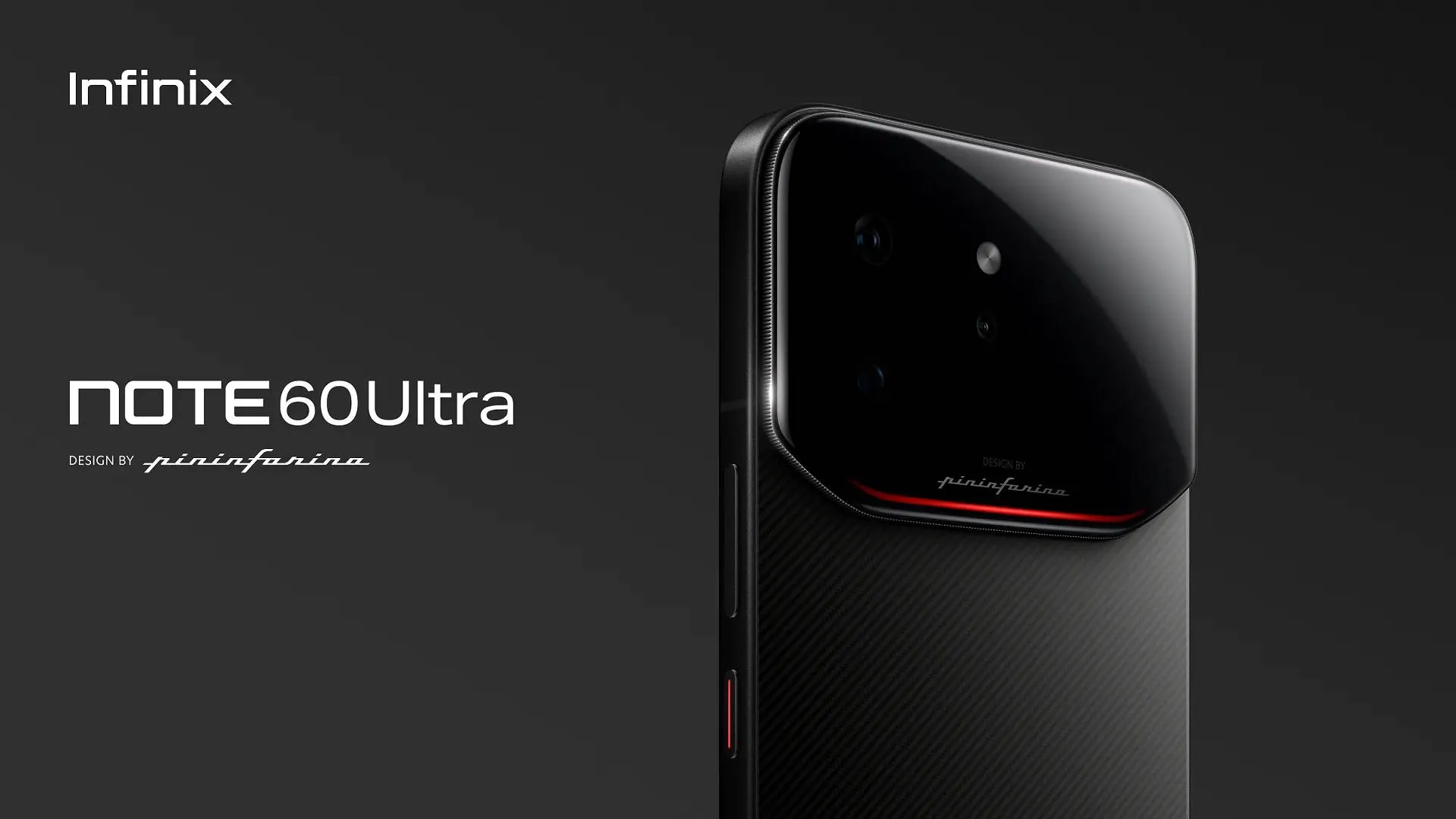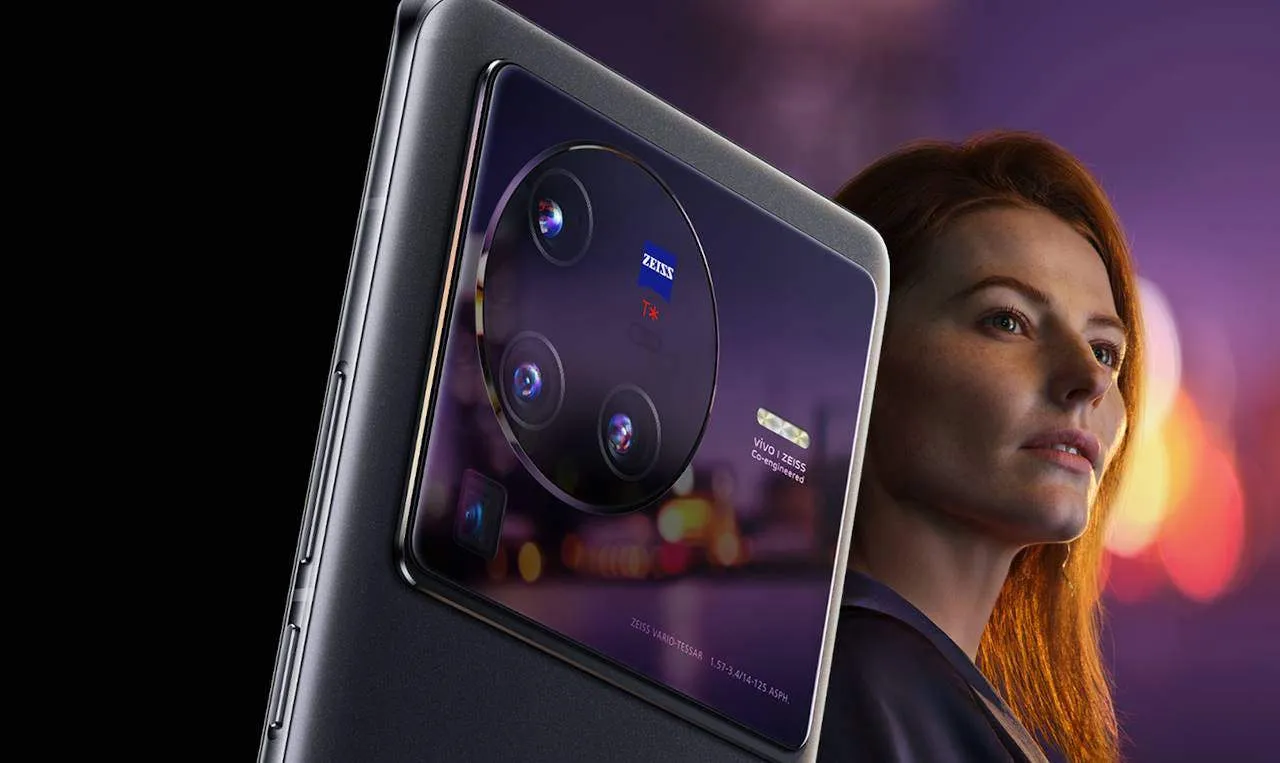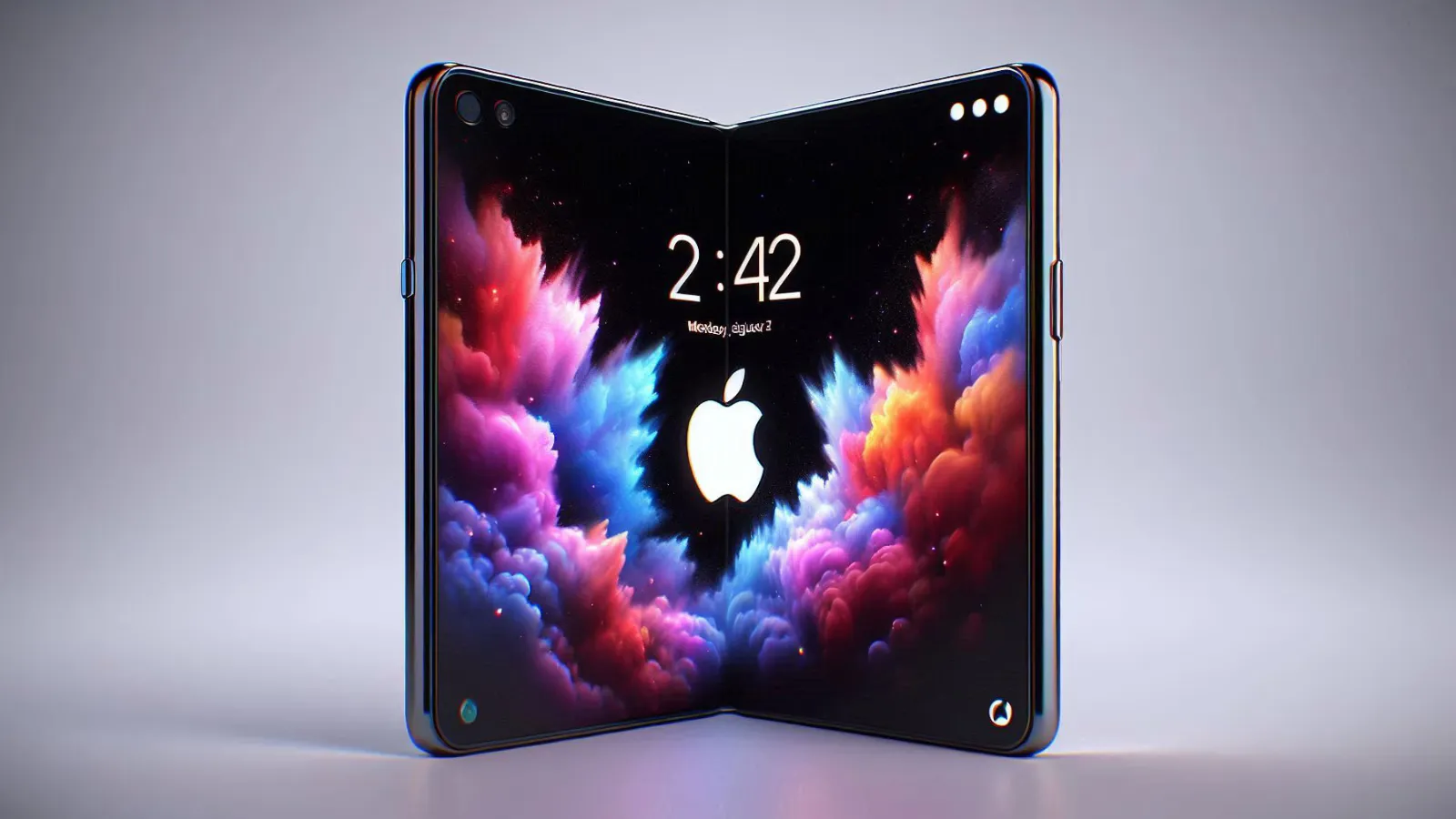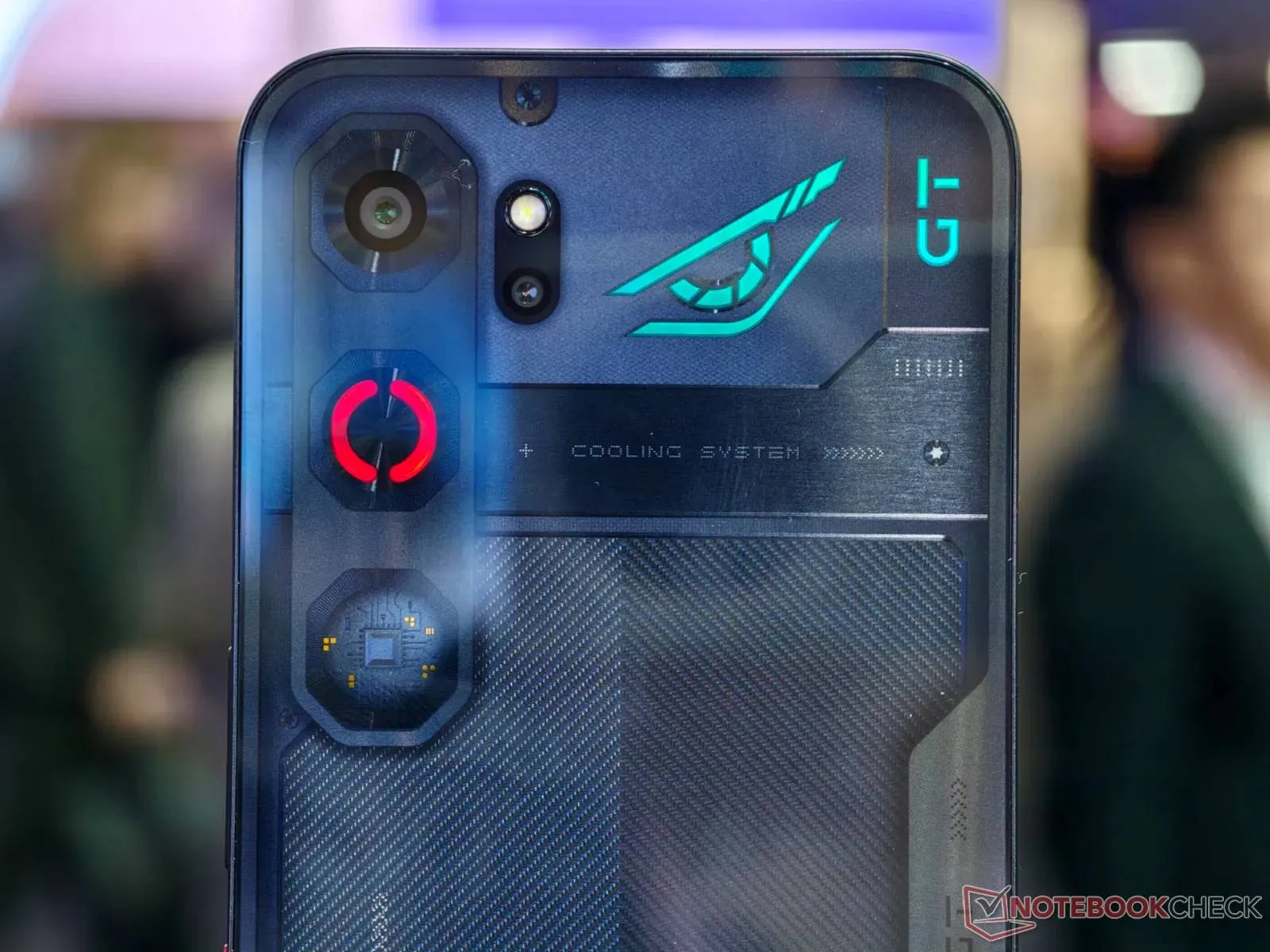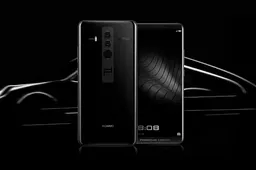Qualcomm's business practices are at stake; Trump administration gives support to anti-competitiveness
qualcommSunday, 24 November 2019 at 12:36
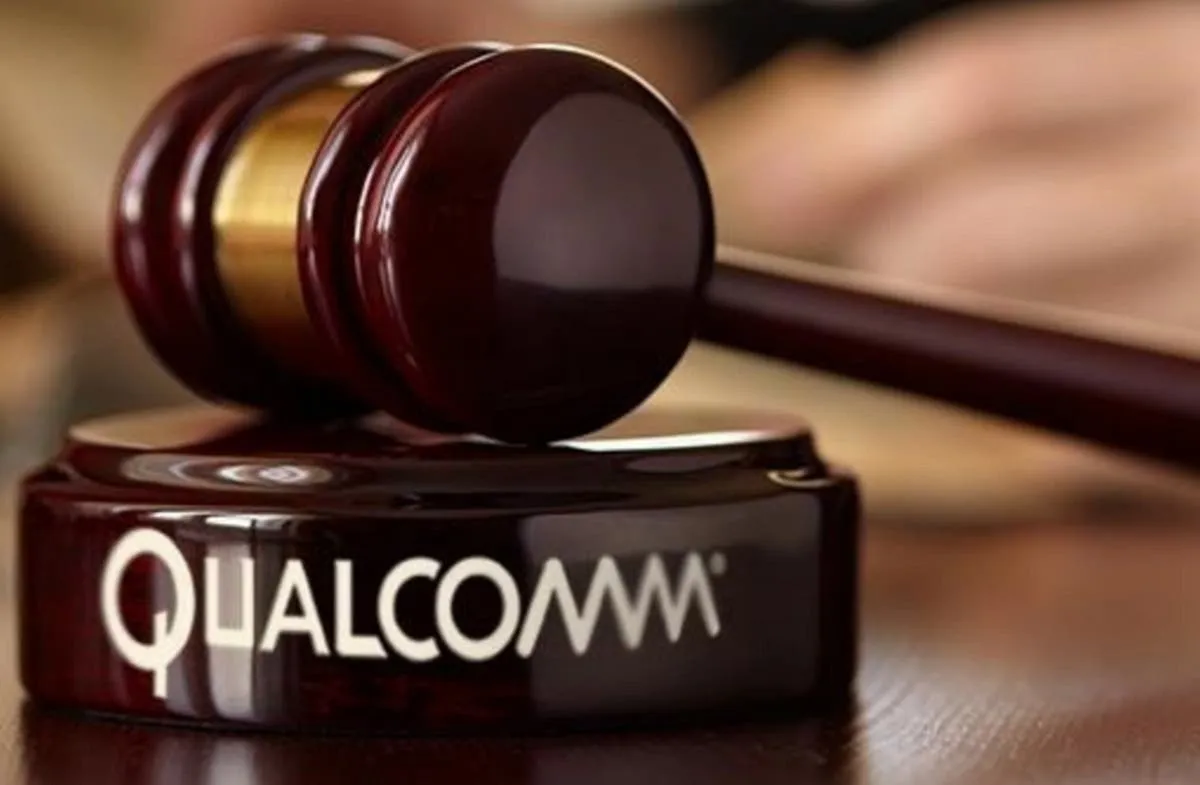
Back in May this year, Judge Lucy Koh - the very same of Apple vs Samsung case - made a case that can potentially change the way Qualcomm sells its chips to mobile phone manufacturers. The judge ruled in favor of the Federal Trade Commission and against the chipmaker after a 10-day non-jury trial was held at the beginning of the year. According to the Federal Trade Commission, Qualcomm's practices of "no license, no chips" are anti-competitive.
The court also attacked other policies adopted by Qualcomm on its business. First, the way royalty payments are calculated with a base on the entire price of a phone instead of the chip in use. Moreover, the company isn't licensing its standards-essential patents (SEP). According to the court, the patents must receive a license from Qualcomm's rivals. It's a way to guarantee that their products meet technical standards. Therefore, they receive licenses on a fair, reasonable and non-discriminatory fashion (FRAND). According to Qualcomm, the argument of royalties is an issue of contract law that should not be heard in a forum designed for antitrust cases. In addition, the chipmaker states that there's no problem in getting compensation for the costs spent on R&D.
In her written decision, Judge Koh stated:
"Qualcomm licensing practices have strangled competition in the CDMA and the premium LTE modem chip markets for years, and harmed rivals, OEMs, and end consumers in the process."
According to the report, Qualcomm has appealed the decision and even managed to get the Ninth U.S. Circuit Court of Appeals to issue a stay. For that reason, the chipset maker will have time and legal options to spend before following the decision. This makes sense, after all, there's no reason for the giant to spend a lot of resources to change its contracts only to win in appeal.

As you might expect, all those decisions are the opposite of Trump's administration (via PhoneArena). Before Judge Koh released her decision, Trump officials asked her to limit any penalties. Now, the government is concerned with the fact that all the changes may affect the company's leadership. Qualcomm is a leader in technology and national security. The Justice Department states that there is nothing anti-competitive about Qualcomm's business practices. However, the major concern has to do with the possible delay of the 5G rollout. Qualcomm's Snapdragon X50 and X55 modem chips allow smartphones to connect to 5G networks. Their development is based on Qualcomm's current practices.
The 9th circuit appeals court, could start hearing arguments in February and issue a ruling sometime in 2020.
Loading
